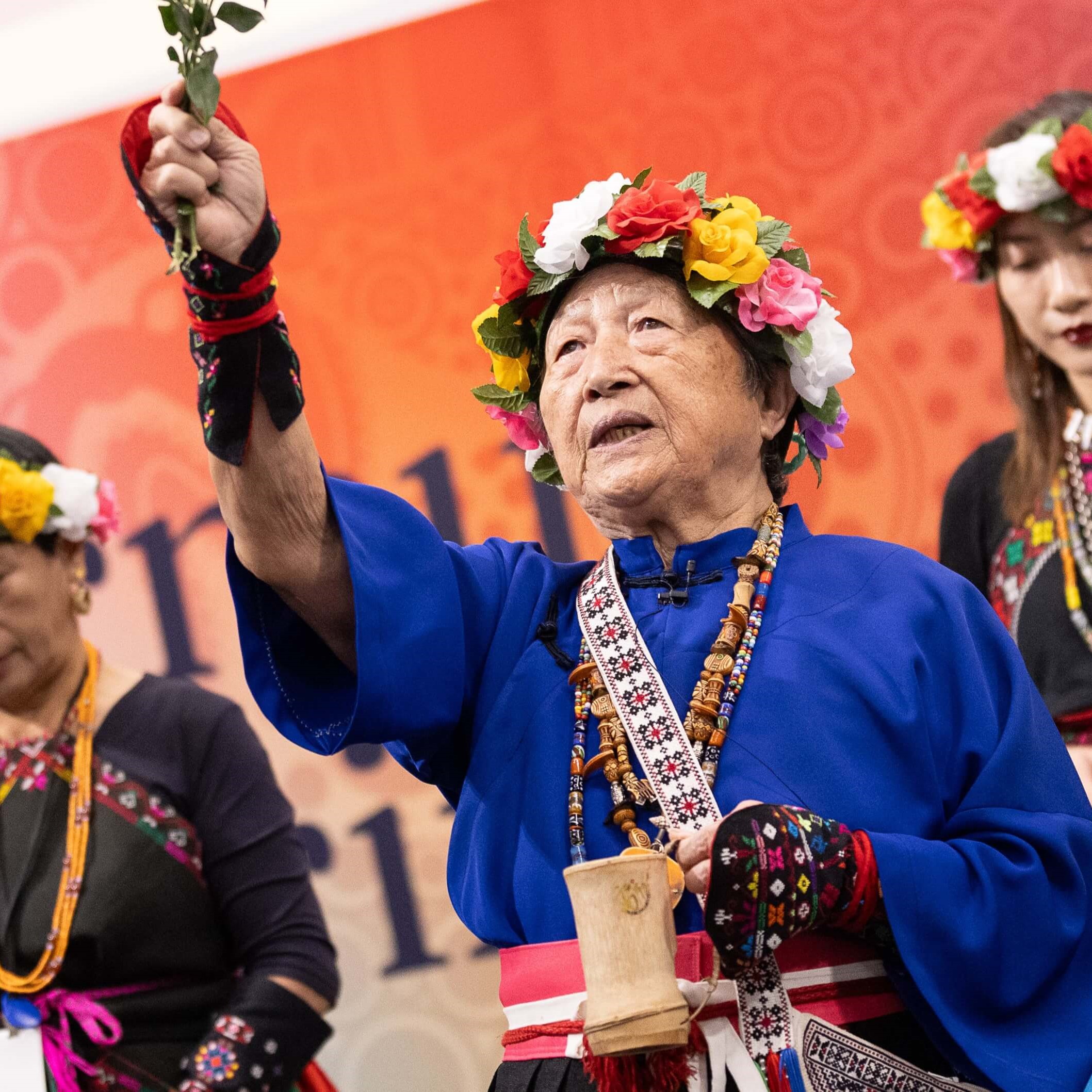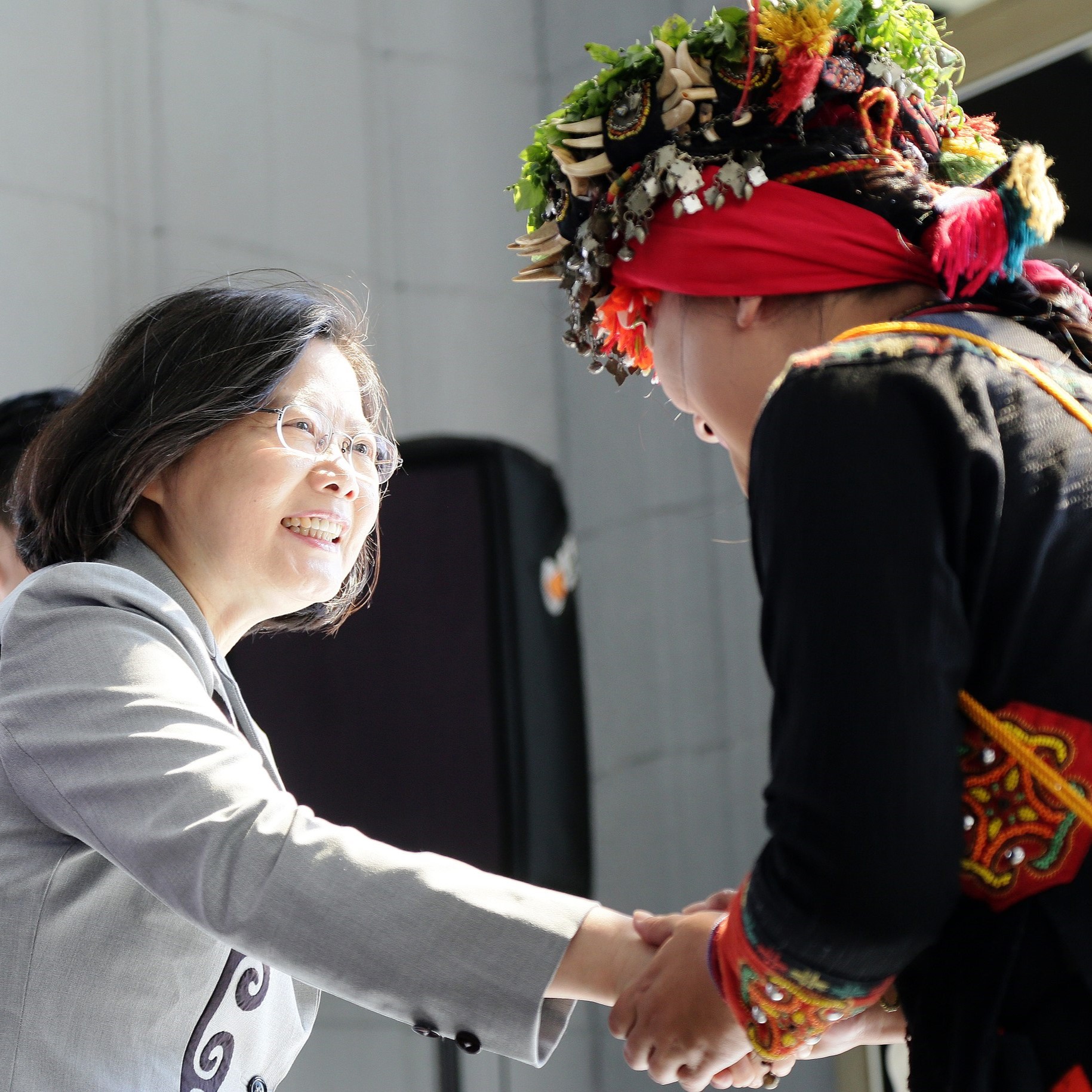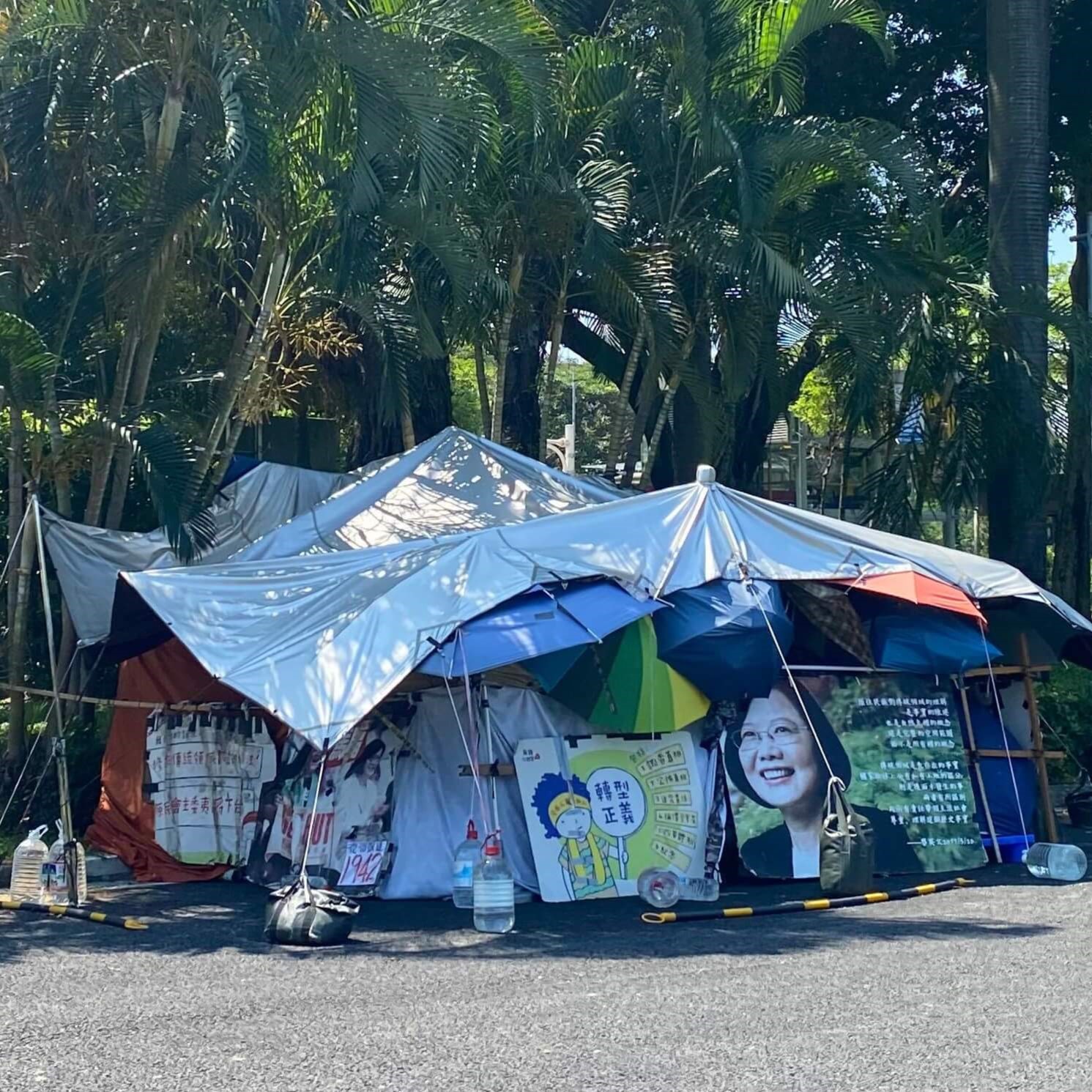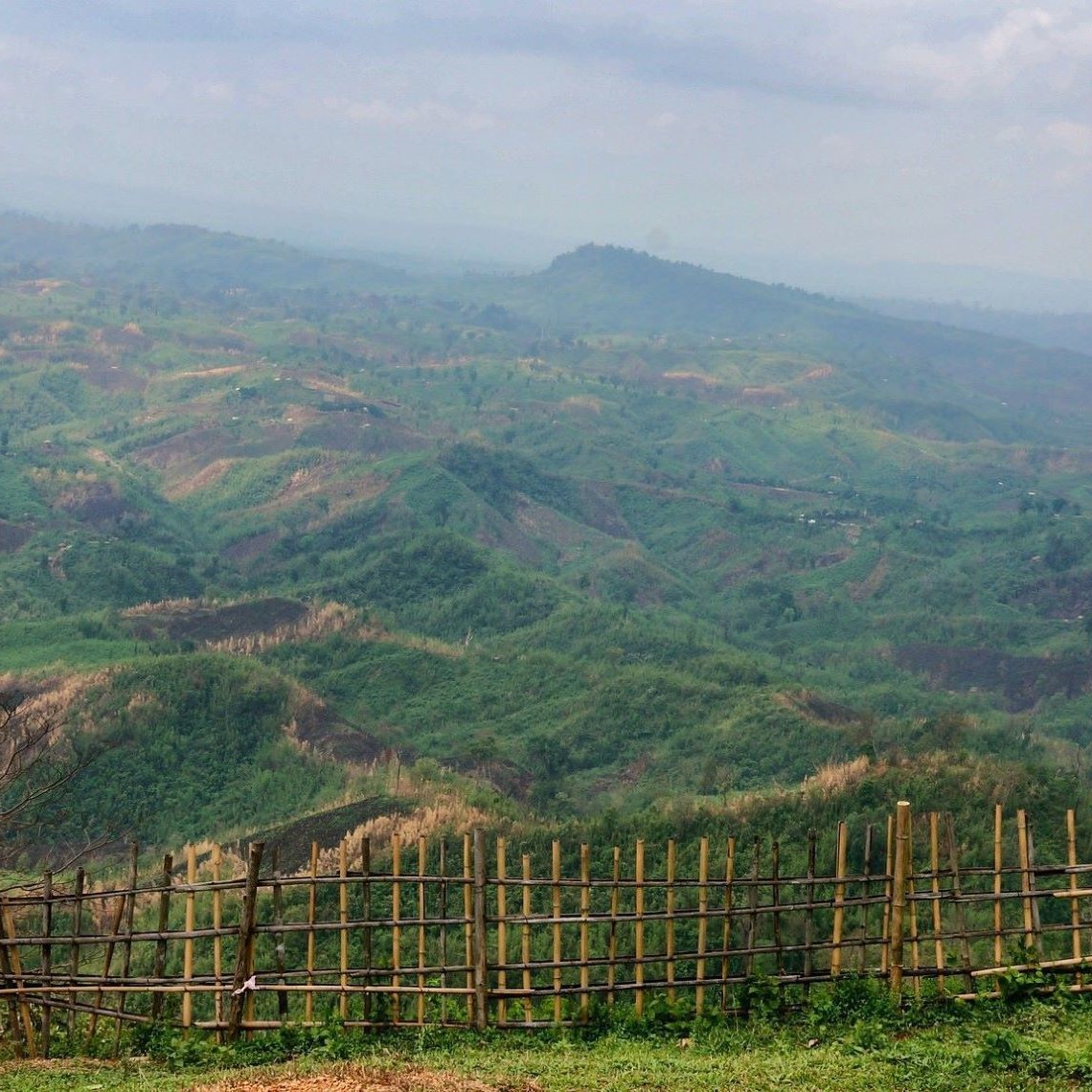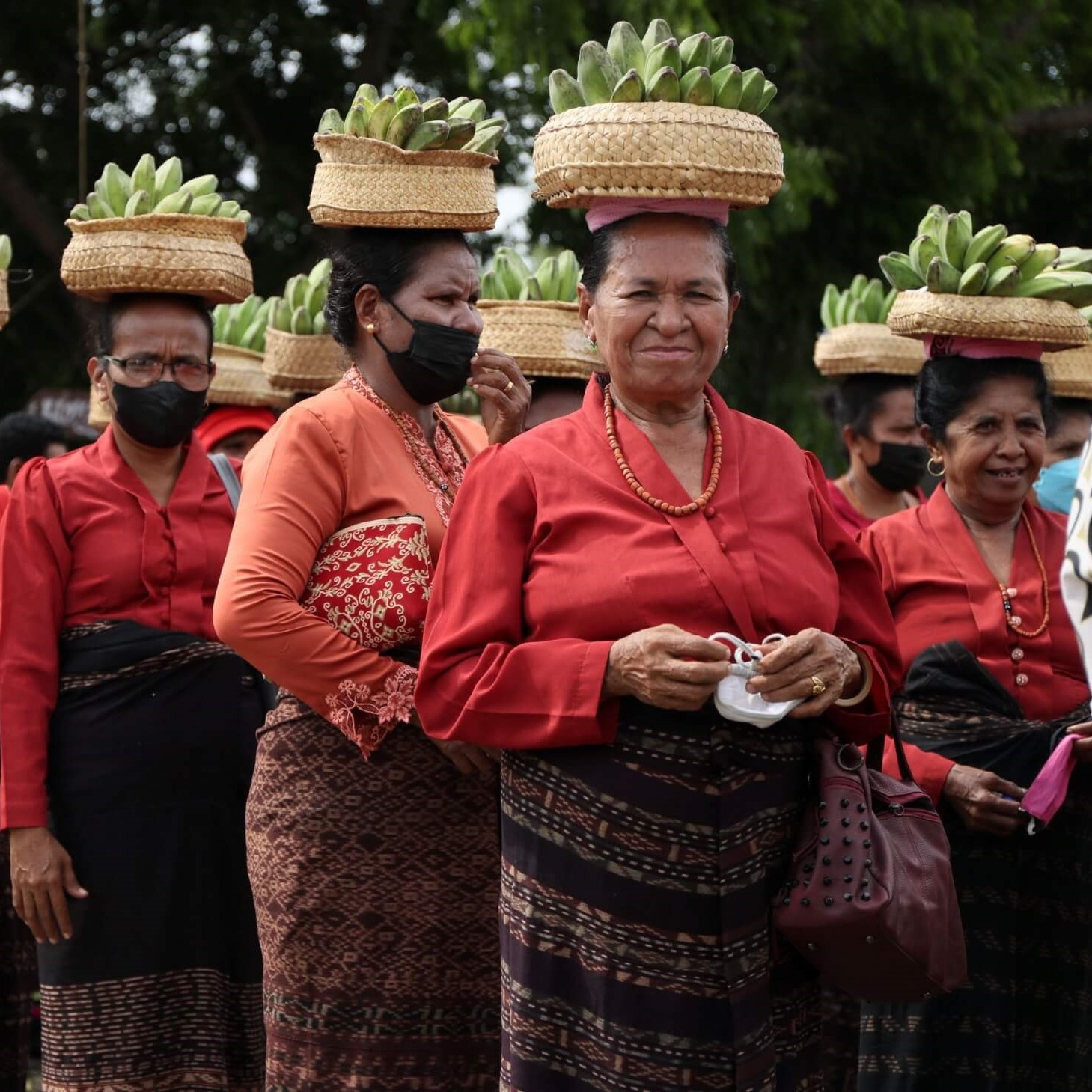Inquiries
Melbourne Asia Review is an initiative of the Asia Institute. Any inquiries about Melbourne Asia Review should be directed to the Managing Editor, Cathy Harper.
Edition 20, November 2024

INTRODUCTION: The linguistic challenges facing an increasingly diverse Korea
South Korea has a strong national identity largely based on the ability to speak Korean. But as it becomes increasingly multicultural, notions of “Koreanness” are being challenged.
- Dr Nicola Fraschini & Dr Mi Yung Park

From homogeneity to plurality: Reimagining language policies for ‘multicultural’ children in South Korea
South Korean children with a parent from a Southeast Asian nation are labelled ‘multicultural’ - a categorisation that subjects them to discrimination.
- A/Prof Jaran Shin

Hanguk or Joseon? ROK vs DPRK and the complex nature of reference to ‘Korea’
What's in a name? The national and linguistic identity of South and North Korea.
- Dr Adam Zulawnik

Why is learning and maintaining heritage languages in South Korea so challenging?
Foreign parents and children from bicultural backgrounds face many obstacles to maintaining their heritage language.
- Dr Jiyoung Kim

Returnee students in South Korea: A call for recognition
Essentialised views of 'Koreanness' can be so strong that Korean children who study abroad are not considered 'Korean' when they return.
- Dr Lee Jin Choi & A/Prof Adrienne Lo
Edition 20, November 2024
Korean language, society and identity

INTERVIEW: Korean linguistic nationalism is strong, but Korea is not investing properly in foreign learners of Korean
Linguistic nationalism is a feature of South Korean society but that's not resulting in investment in promoting the Korean language.
- Professor Ross King

Do you speak North Korean or South Korean?
Since the two Koreas have been divided, significant differences in the Korean language have developed in the North and South.
- Dr Daniel Pieper

How Korean language students studying in Seoul navigate linguistic and cultural homogeneity
Many foreign students travel to South Korea hoping for language ‘immersion’, but that can be much more difficult than expected for some.
- A/Prof Lucien Brown

Can Korean speakers in remote areas of Australia maintain their language?
What happens to the community/heritage language of Koreans living their dream of a laid-back lifestyle in small beachside and outback towns?
- Dr Sin Ji Jung

누구나 한국어를 배울 권리: 시각장애인을 위한 한국어 학습 접근성의 장벽 허물기의 사례와 그 너머
이 글에서는 2022년과 2023년에 한국 정부의 공공기관 세종학당재단에서 ...
- 강남욱(성균관대학교 부교수)

Everyone’s right to learn Korean: Breaking down the barriers to Korean learning for the visually impaired and beyond
Korean language learning is regarded as a ‘duty’ in Korea, but what about those experience barriers to learning it such as visual impairment?
- A/Prof. Kang Nam-wook

Broadening the opportunities for Korean as a heritage language in Australia
There is a surge in Korean language learning in Australia and around the world. But there are low retention rates from beginner levels. Why?
- Dr Min Jung Jee

‘Expanding Ecological Approaches to Language, Culture, and Identity’ by Jaran Shin
An important examination of the daily struggles of the ‘other’ in Korea, through the insights of multicultural youth.
- Dr Eldin Milak
Special series: Asian Indigeneities
Special series: Asian Indigeneities

Bridging the gap between reality and Japan’s Ainu Cultural Policy
-
Prof Jeffry Gayman & Saana Santalahti

